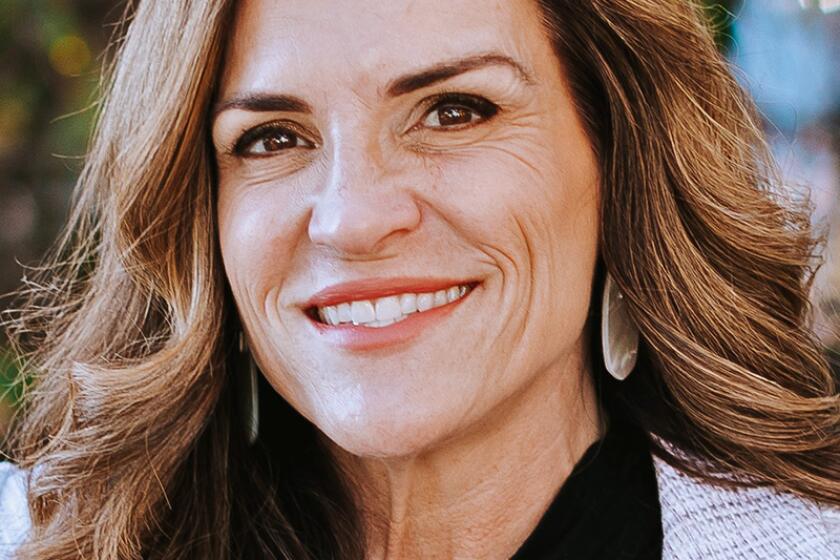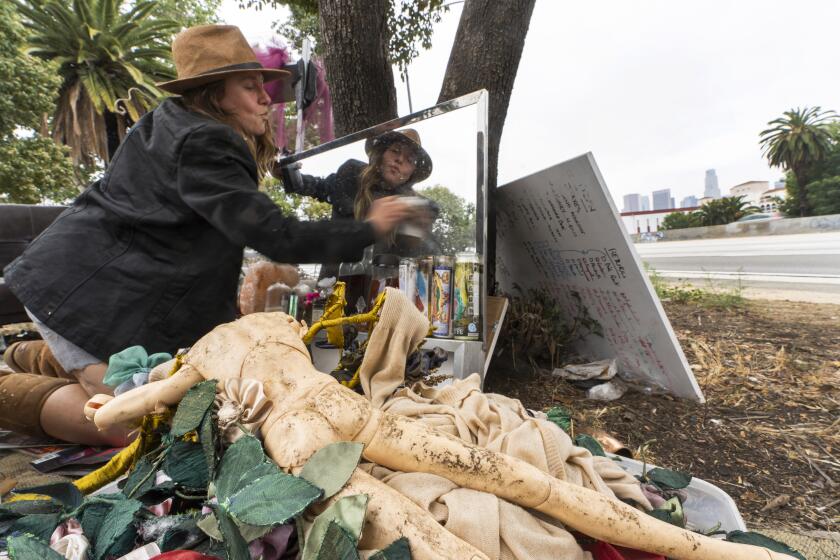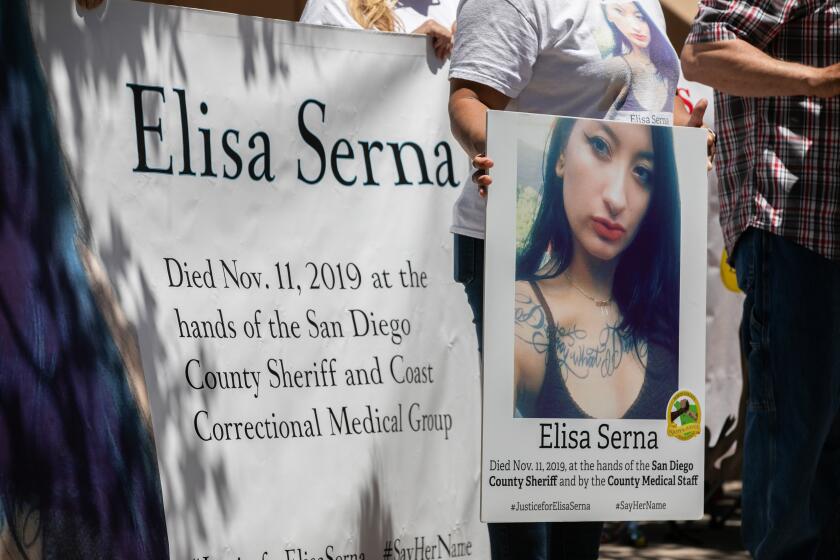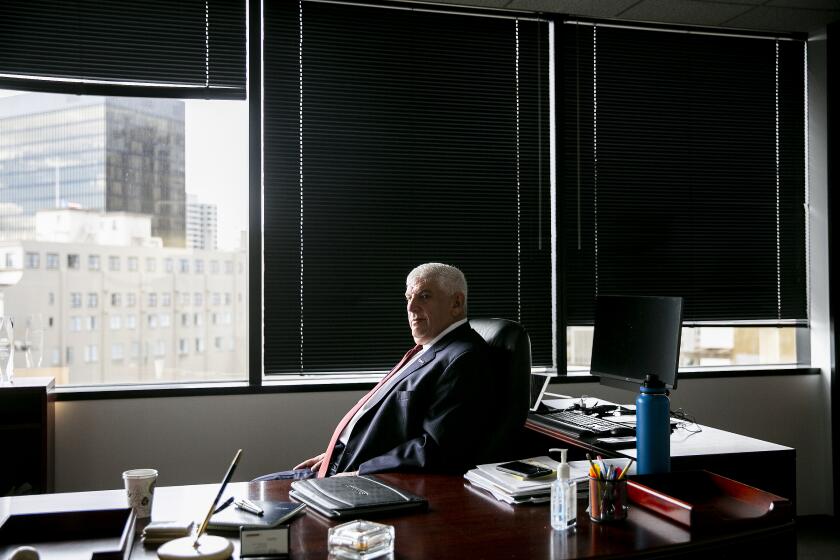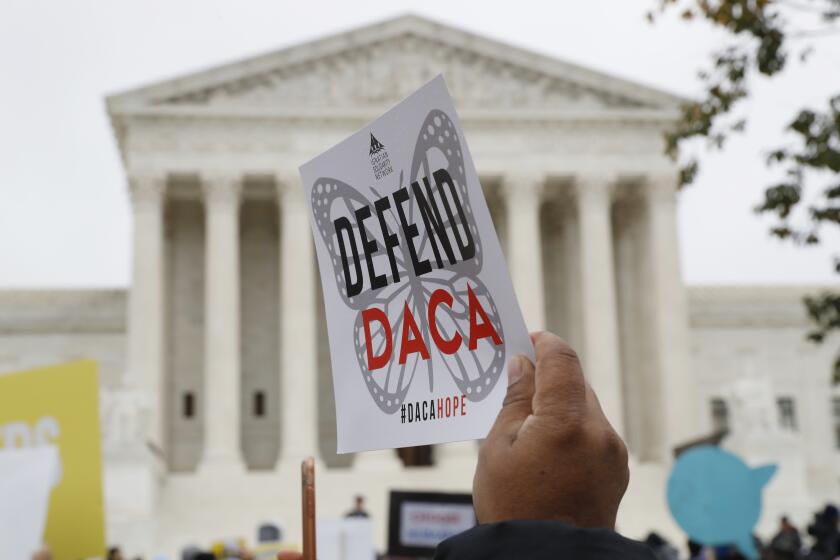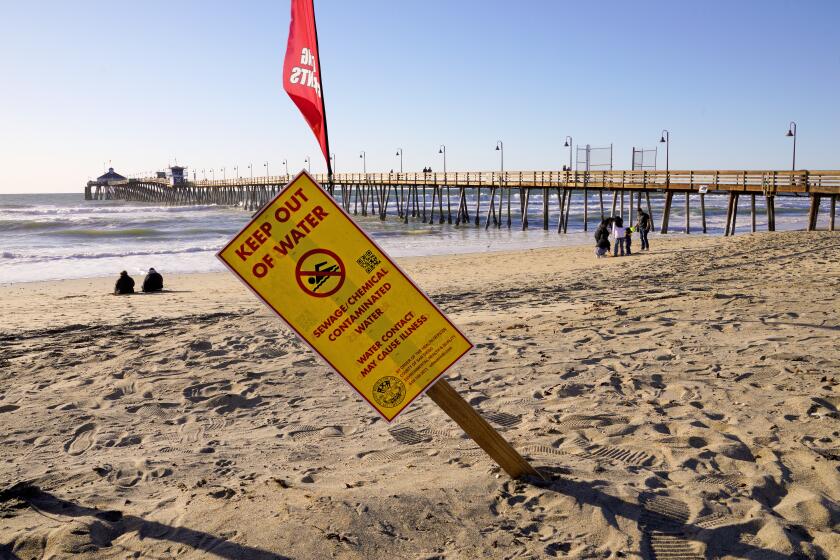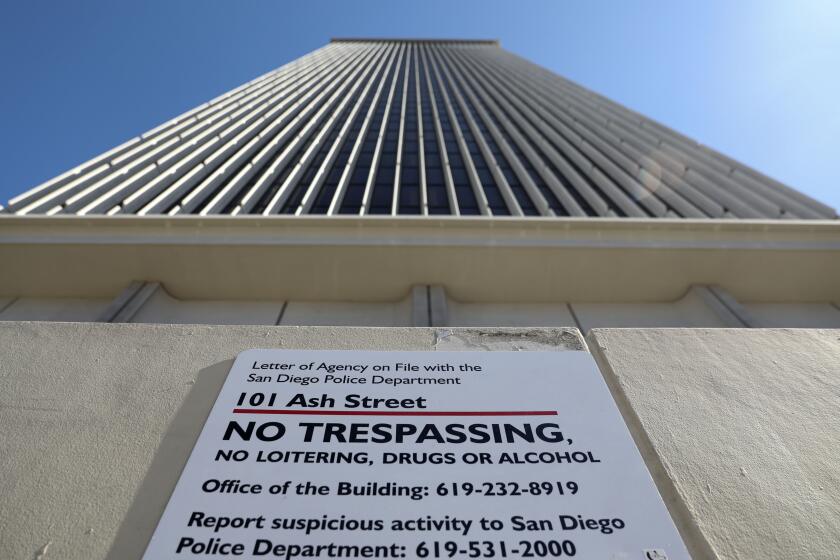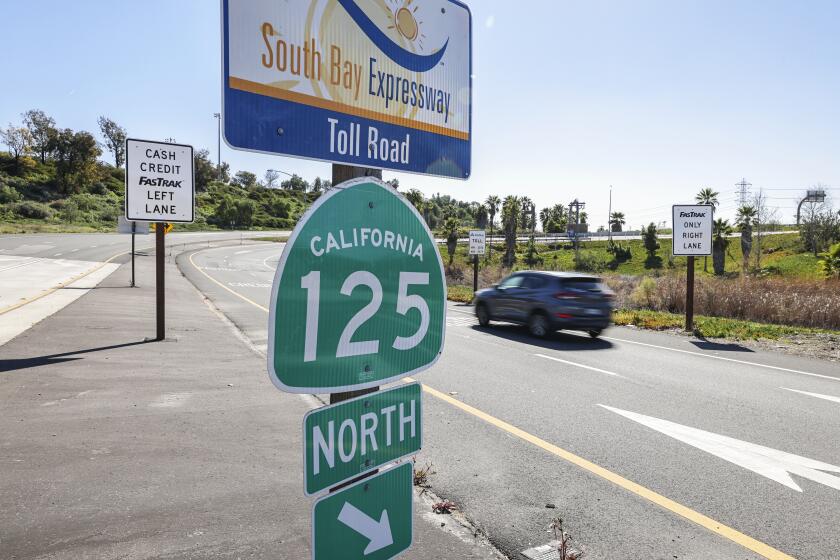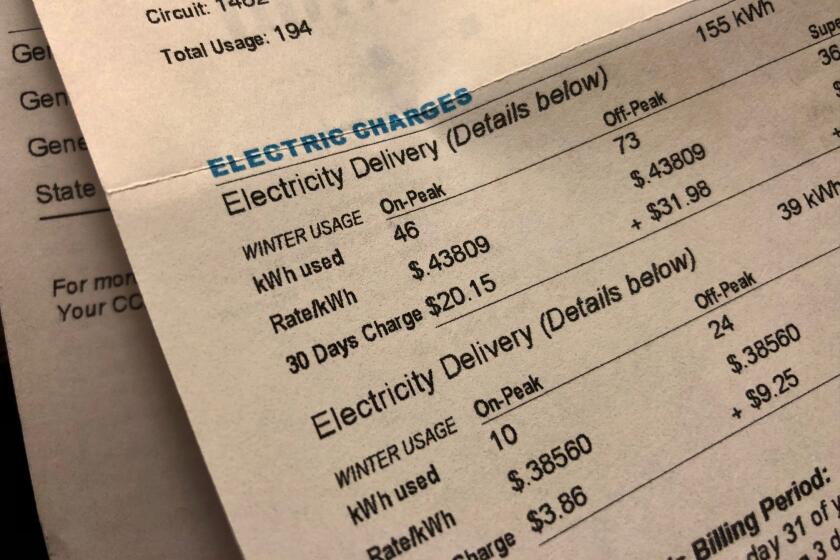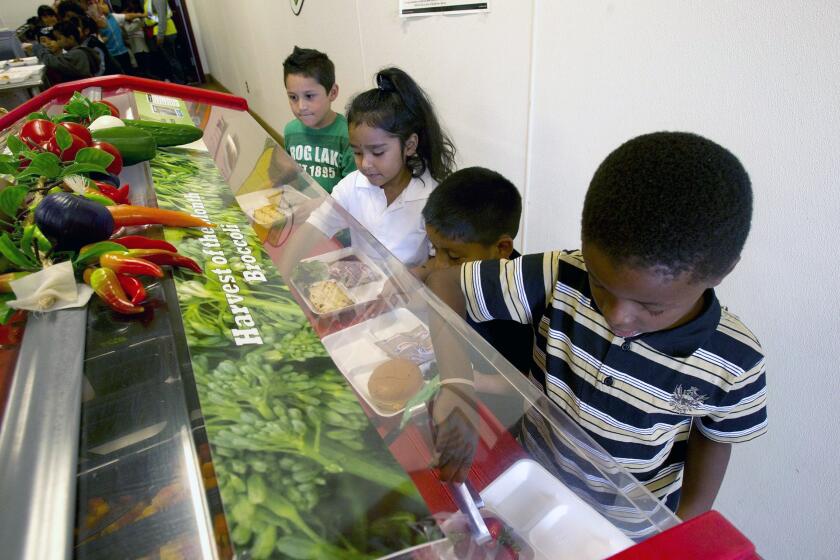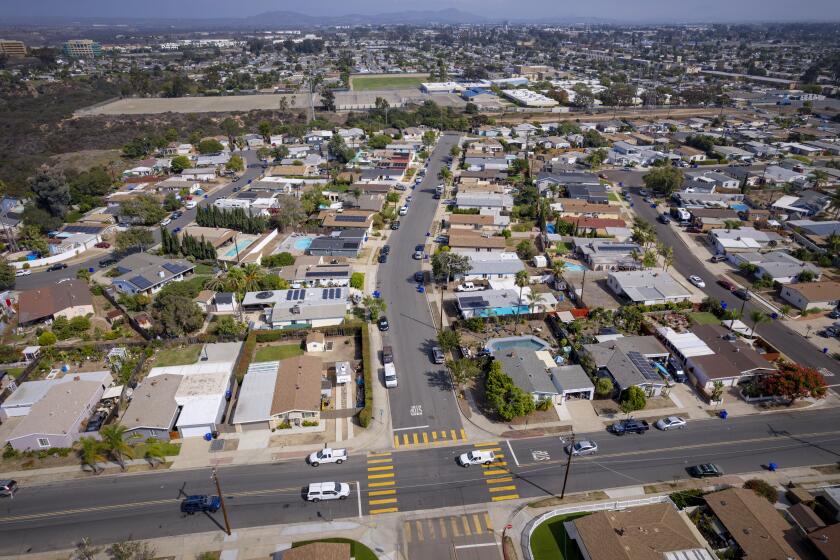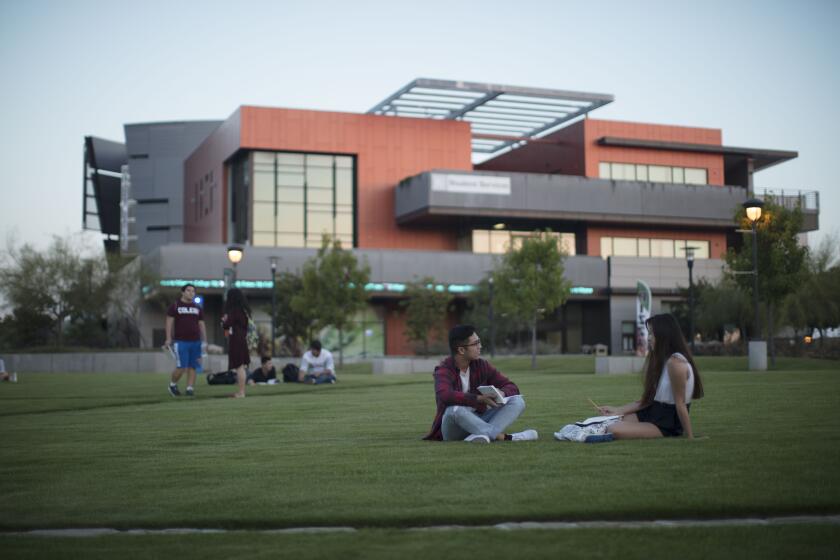2022 election: Q&A with Nathan Fletcher, District 4 San Diego County supervisor candidate
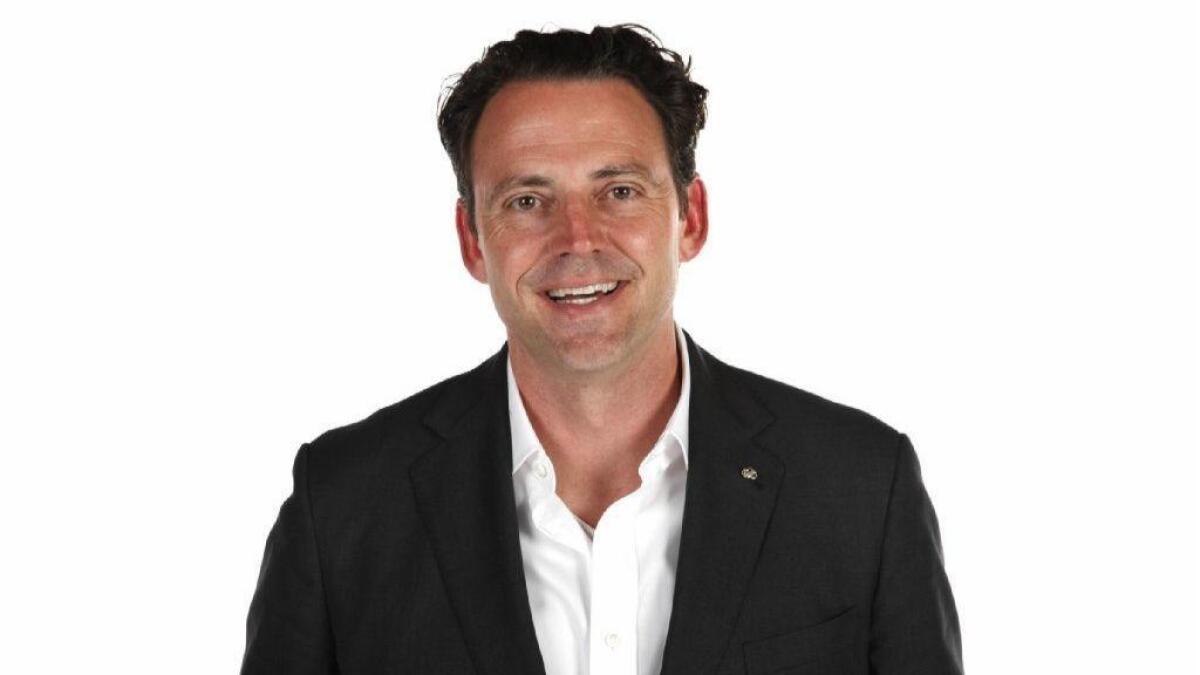
There are three candidates on the June 7 ballot for San Diego County’s Fourth Supervisorial District, which includes central San Diego County. They are incumbent board chair/educator Nathan Fletcher, diversity inclusion coordinator Sidiqa Hooker and state licensed investigator Amy Reichert. The two with the most votes will advance to a Nov. 8 runoff.
The San Diego Union-Tribune Editorial Board sent each candidate a 10-question survey. Hooker did not respond.
If you have comments or questions about the election or any of the candidates after reading this interview, please email Editorial and Opinion Director Matthew T. Hall at matthew.hall@sduniontribune.com.
Below are Nathan Fletcher’s responses and a link to Amy Reichert’s.
Q: How did you personally shape the county’s COVID-19 pandemic response? Is there anything you wish you or the board would have done differently?
A: Together with the county’s top medical experts, I worked every day, seven days a week, from the moment COVID-19 hit to slow the spread and save lives. I gave it everything I had because I knew we had to take the threat seriously.
We mounted one of the most effective COVID-19 responses in the nation. More than 93 percent of San Diego County residents are now vaccinated. San Diego County has half the COVID-19 death rate of Florida. We delivered over $85 million for small business recovery. We fought hard to protect the most vulnerable communities at greatest risk. As a result, we saved thousands of lives.
One of the biggest challenges was the deep division and dangerous disinformation constantly undermining our attempts to stay united and follow basic science. Despite that, most San Diegans showed incredible resilience and united in inspiring ways during the toughest of times. I hope we never forget that and summon that same spirit of purpose and community as we tackle the serious challenges we’re facing right now.
Amy Reichert is one of three candidates running for San Diego County Board of Supervisors, District 4
Q: Going forward, how will you balance public health concerns amid other county issues?
A: We are going to continue to be vigilant about new variants and help San Diegans, especially our seniors, stay safe as we did recently in encouraging those eligible to get a second booster shot. And we will always remain vigilant about public health. But now, we’re fighting forward to focus on the big challenges San Diego families are facing in their lives — homelessness, housing and the cost of living.
We have pushed for immediate relief from higher gas costs while doubling down on affordable housing, affordable childcare and affordable health care. We are aggressively pushing to create more good local jobs on our local infrastructure projects. And we are not backing down from our clean energy push and commitment to lead on the climate crisis.
I know we can get things done to make life better if we come together as a community and focus on the problems we all face, not the politics that divide us. In fact, 93 percent of the proposals I have brought forward have passed with bipartisan support. Working together, we can tackle San Diegans’ biggest challenges and build a better future for all our families.
Q: What do you think of the supervisors’ attempts to limit disruptive speech at public meetings?
A: I brought it forward, so I support it. It was an attempt to protect the free speech rights of all. For months on end, anti-vaccine extremists exploited the county’s public meetings to spew COVID-19 disinformation, conspiracy theories and disgusting, racist attacks. It got so crazy, Stephen Colbert even featured our meetings on his late night show. In addition to racist attacks against our employees, it was having a chilling effect on those who were not comfortable coming to our meetings to speak with such toxicity.
Every American has a right to free speech, no matter how vile it is, but that speech cannot be allowed to violently threaten others or stop everyday people from making their voices heard or impede the functioning of county government. That is why we took very modest steps to try and ensure public comment at county board meetings did not result in disrupting the important people’s business we are there to do. No one’s right to speak was removed or censored and public comment remains an open and accessible component of all of our meetings. I welcome dissenting voices and sharp criticism at our board meetings. And that certainly remains a well-used component of all of our meetings. The revised rules of procedure ensure free speech remains, but helps modestly to create a better environment for the people’s business.
Q: How, specifically, will you address the high cost of housing in San Diego County?
A: I am fighting in every way I can to build more homes San Diego working families can actually afford — and we are seeing initial signs of real progress. This year alone, we are on track to issue 1,600 building permits for new housing — a 50 percent increase from the prior year. There’s over 1,000 new affordable homes under construction right now on county-owned land, with many more on the way. The need is great, but we are making progress every day.
Our new initiative to make vacant county land available for new affordable housing construction is showing great promise. We are converting nine large lots already, and more will be made available soon. Recently, I announced a new push to encourage more local cities to join our effort so we can put affordable housing on publicly owned land on a large scale that can make a real difference. The cost of housing is such a squeeze and stress on working families — and we’re not going to give up on this fight.
Q: How is the homelessness situation in your supervisorial district? What services are available now and how would you improve them?
A: Homelessness is our top focus at the county, and we are doing so much to tackle the crisis all across the region, but the innovation I am most excited about is our new Mobile Crisis Response Teams, which are showing great promise. These are teams of mental health clinicians and counselors, not just police, who can be deployed on mental health 911 calls to assist and treat people experiencing real mental health and drug abuse challenges. Already, these teams have helped nearly 1,000 San Diegans who are struggling on the streets, and we are working furiously and fast to expand the program all across the region so we can help even more.
We are also making significant investments in crisis stabilization centers, drug treatment centers and mental health care, and increasing our behavioral health workforce. That helps get to the root of the problem. But we must also address the immediacy of the need. We have partnered with cities to bring on more shelters and recently announced $10 million in funding for grants to cities to open more shelters, safe parking and camping. And county government will be there to provide mental health and drug treatment services.
Q: The county is trying to achieve zero carbon emissions by 2035. What do you think of its approach to the climate emergency? What should it be doing differently?
A: The climate crisis is real, and we must act urgently to keep San Diego healthy and livable for future generations. I led the effort to enact a new, stronger Climate Action Plan that puts our region on a fast track to 100 percent clean energy and reducing the pollution that is causing climate change. We approved over 14,000 new renewable energy permits in just the last three years alone and added hundreds of electric vehicle charging stations. Our new Community Choice Energy program is starting to fulfill its promise of cleaner energy and lower utility costs. I won’t let anyone drag us backwards when it comes to protecting San Diego’s clean air and climate — we’ll continue to push for progress and fight forward.
Q: For years, San Diego County jail inmates have died at disproportionate rates than in other large county jails. How will you ensure the safety of people behind bars in county jails?
A: Jail sentences shouldn’t cost San Diegans their lives. The senseless deaths that continue to plague our jails are intolerable, and we must do better when it comes to basic health care — and basic humanity — for the incarcerated in county custody. As the state audit outlined, the sheriff has responsibility and authority for the policy and procedures in place in our jails. But as a Board of Supervisors, we are doing all we can to address the situation.
Last year, I put a stop to the outsourcing of jail health care, adding county health nurses and mental health professionals for more humane treatment in our system with an ultimate aim of reducing recidivism. We then worked to add hundreds of drug treatment and mental health-care clinicians to our jail system. We as a board embraced the latest state audit of our jails to correct the unacceptable deficiencies that are contributing to in-custody deaths, and I will be closely monitoring our progress going forward.
Q: Given all the problems with San Diego County jails, why were you compelled to endorse an internal candidate in that race so early before the field was set?
A: I insisted on appointing an interim sheriff who wouldn’t run for election so no political candidate would have unfair advantage in the campaign — and we did that by selecting Anthony Ray, who is already doing important work to implement urgent changes in our jails and continuing to build trust between law enforcement and the community.
When it comes to the upcoming election, I am 100 percent behind Undersheriff Kelly Martinez — she is the only candidate with the experience to lead the department and the leadership background to make the public safety changes we really need. I watched her change the attitude and approach from the previous sheriff and embrace the need to implement medication for addiction treatment in our jails. And she helped guide us through the successful embrace of hundreds of new clinicians to help directly address the challenges in our jails. She has the skill and expertise to implement change. And she has the vital support of the employees to follow her lead.
Q: A significant part of the county’s budget is dedicated to mental health programs. How would you prioritize spending to improve mental health services as a supervisor?
A: For decades under old-line leadership, the county failed to invest in mental health at the levels I believe are needed. That has changed. The last three years have seen sweeping reform and unprecedented investment in our behavioral health system.
We rejected the previous board’s failed approach to addiction, embracing harm reduction and treatment that actually works and saves lives. Now, we are opening new crisis stabilization centers all over the county, getting serious about prevention and response on the opioid crisis, and launching supportive shelters for the most acute, intensive homelessness cases. We are making real progress, and I won’t let anyone take us backwards.
One of the biggest challenges in these efforts is a serious shortage of trained behavioral health workers — tackling that is one of my most urgent priorities. We have created an innovative new training program for substance abuse counselors and are hiring up San Diegans who’ve succeeded in overcoming addiction as peer support special specialists. This is real progress, and I am going to keep pushing forward so our response to homelessness, and all cases of mental crisis, is staffed with the clinicians, case managers and counselors we need.
Q: Why should you be re-elected?
A: We are making real progress on the big challenges facing San Diego families — and I won’t let anyone take us backwards. We must continue to fight forward for more affordable housing, more homeless people off the streets and safer communities in every corner of our county.
There are signs of progress everywhere — we are building 1,109 new affordable homes, created Mental Crisis Response teams to get at homelessness’ root problems, launched Community Choice Energy for clean power and lower utility bills, and are raising wages on local infrastructure projects so skilled San Diego workers get paid fairly.
We can’t allow the forces of division to paralyze our progress and drag us backwards. I am fighting forward to build the better San Diego working families deserve.
Get Weekend Opinion on Sundays and Reader Opinion on Mondays
Editorials, commentary and more delivered Sunday morning, and Reader Reaction on Mondays.
You may occasionally receive promotional content from the San Diego Union-Tribune.
